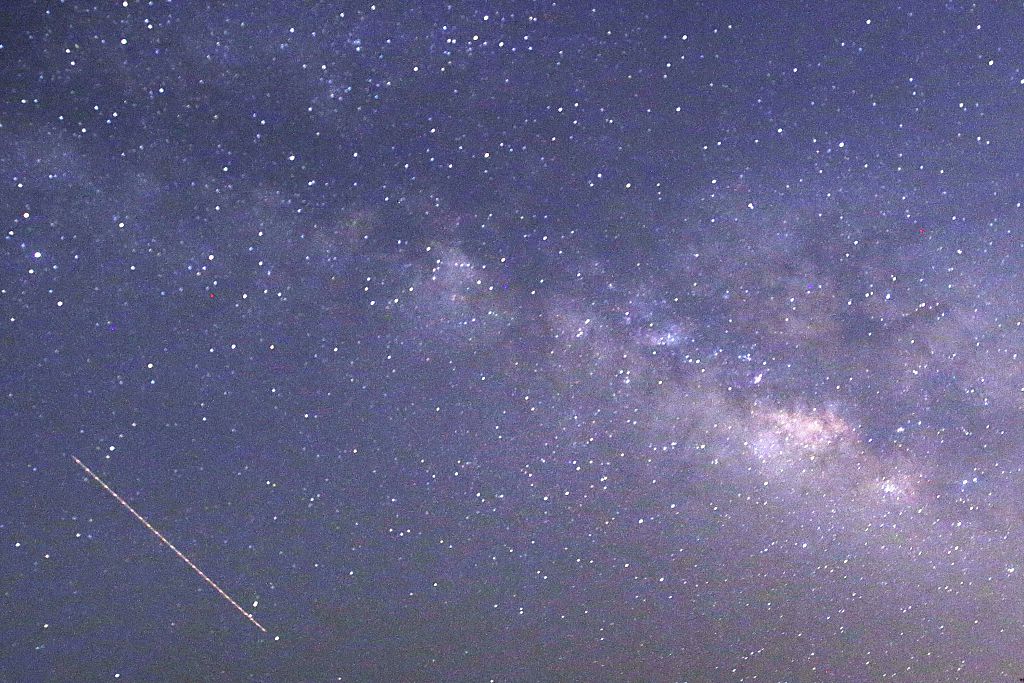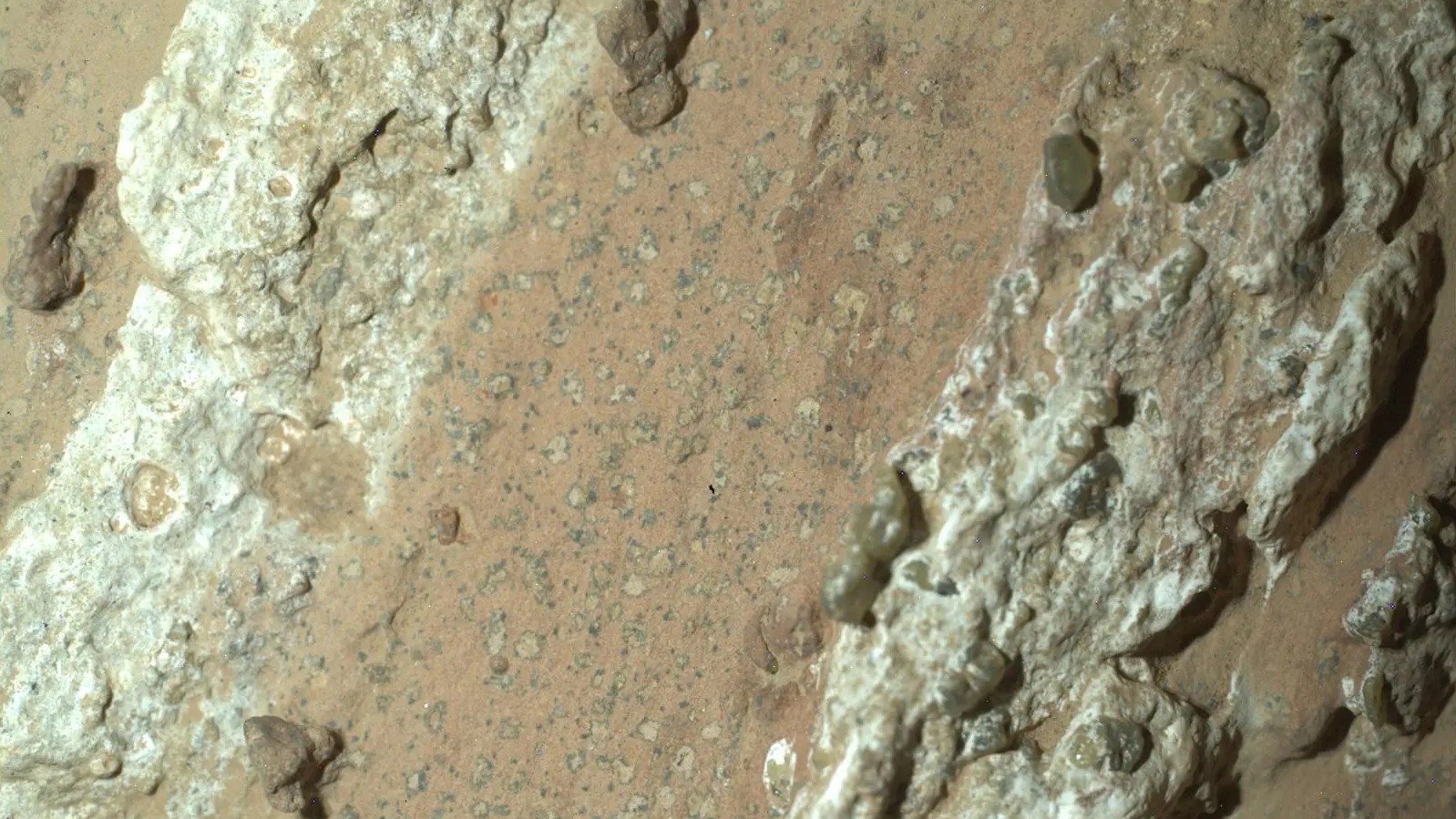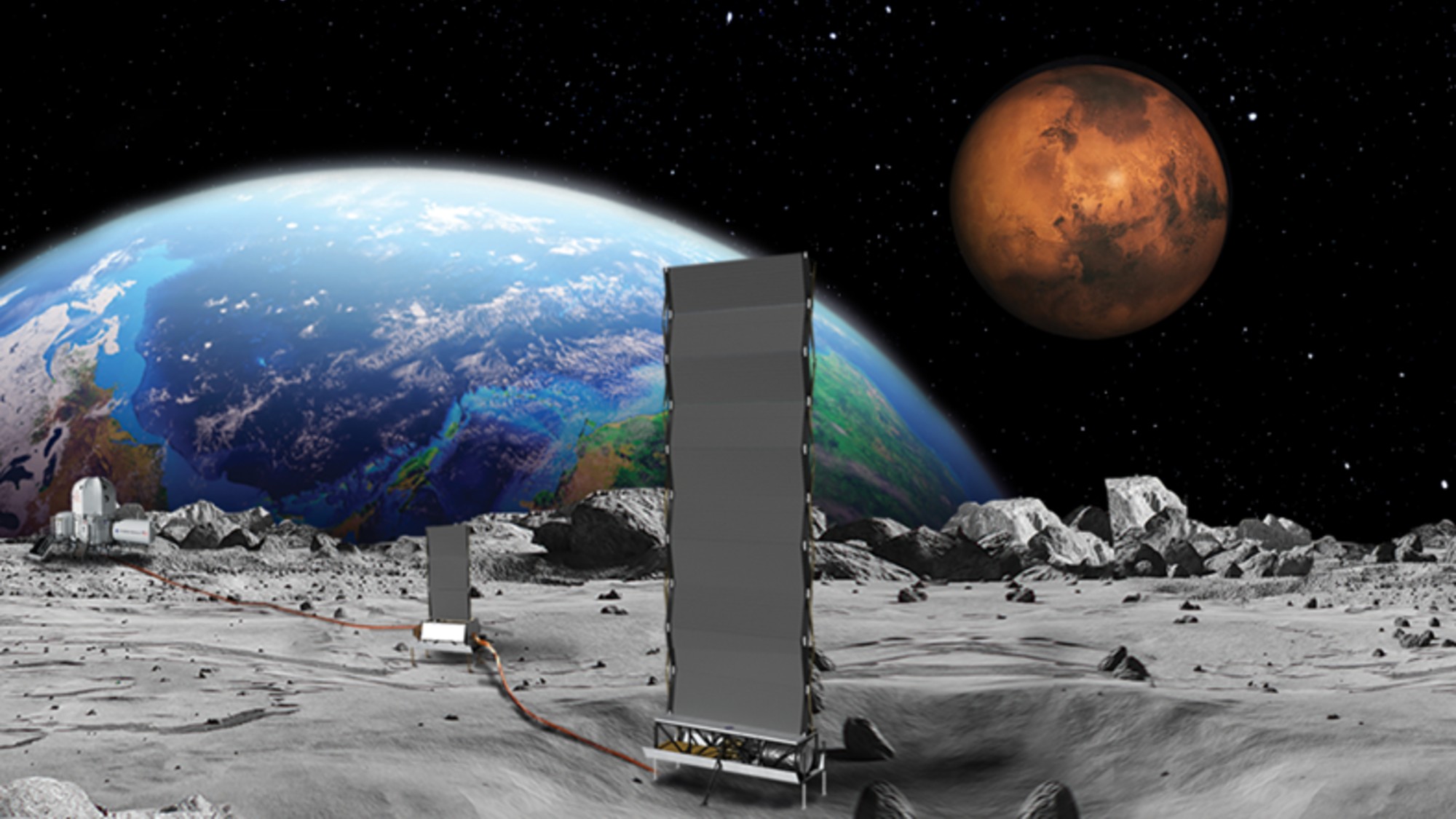Here's the most complete map of the Milky Way ever released

A free daily email with the biggest news stories of the day – and the best features from TheWeek.com
You are now subscribed
Your newsletter sign-up was successful
Prepare to feel really, really small: The newest map of the Milky Way charts an impressive 1 billion stars — and that's still barely 1 percent of what the galaxy has to offer. Using observations from the European Space Agency's Gaia probe, astronomers have managed to make a map that's "20 times more complete" than ever before, and one that offers new levels of preciseness, The Guardian reported Wednesday. "Every mission to come will use this map," said Gerry Gilmore, the U.K.'s principal investigator for the Gaia mission:
Perhaps even more exciting than the map's unveiling is the revelation that there may be way more stars in the galaxy than previously thought. Astronomers have estimated there are about 100 billion stars in the Milky Way, and they initially predicted the Gaia probe would spot 1 billion stars by the end of next year. Now, that estimate has more than doubled. "It looks very much like we underestimated the number of stars," said Floor van Leeuwen, the manager of Gaia's data processing. "We think we will see 2 to 2.5 billion stars."
While the new map may be more complete than ever before, it's also indicative of how far we are from its total completion. "We don't actually know what the Milky Way looks like," Gilmore said. "It's astonishingly difficult, when you're inside something, to find out what it looks like."
The Week
Escape your echo chamber. Get the facts behind the news, plus analysis from multiple perspectives.

Sign up for The Week's Free Newsletters
From our morning news briefing to a weekly Good News Newsletter, get the best of The Week delivered directly to your inbox.
From our morning news briefing to a weekly Good News Newsletter, get the best of The Week delivered directly to your inbox.
A free daily email with the biggest news stories of the day – and the best features from TheWeek.com
-
 5 calamitous cartoons about the Washington Post layoffs
5 calamitous cartoons about the Washington Post layoffsCartoons Artists take on a new chapter in journalism, democracy in darkness, and more
-
 Political cartoons for February 14
Political cartoons for February 14Cartoons Saturday's political cartoons include a Valentine's grift, Hillary on the hook, and more
-
 Tourangelle-style pork with prunes recipe
Tourangelle-style pork with prunes recipeThe Week Recommends This traditional, rustic dish is a French classic
-
 NASA’s lunar rocket is surrounded by safety concerns
NASA’s lunar rocket is surrounded by safety concernsThe Explainer The agency hopes to launch a new mission to the moon in the coming months
-
 Blue Origin launches Mars probes in NASA debut
Blue Origin launches Mars probes in NASA debutSpeed Read The New Glenn rocket is carrying small twin spacecraft toward Mars as part of NASA’s Escapade mission
-
 Dinosaurs were thriving before asteroid, study finds
Dinosaurs were thriving before asteroid, study findsSpeed Read The dinosaurs would not have gone extinct if not for the asteroid
-
 Africa could become the next frontier for space programs
Africa could become the next frontier for space programsThe Explainer China and the US are both working on space applications for Africa
-
 NASA reveals ‘clearest sign of life’ on Mars yet
NASA reveals ‘clearest sign of life’ on Mars yetSpeed Read The evidence came in the form of a rock sample collected on the planet
-
 SpaceX breaks Starship losing streak in 10th test
SpaceX breaks Starship losing streak in 10th testspeed read The Starship rocket's test flight was largely successful, deploying eight dummy satellites during its hour in space
-
 Rabbits with 'horns' sighted across Colorado
Rabbits with 'horns' sighted across Coloradospeed read These creatures are infected with the 'mostly harmless' Shope papilloma virus
-
 Why does the US want to put nuclear reactors on the moon?
Why does the US want to put nuclear reactors on the moon?Today's Big Question The plans come as NASA is facing significant budget cuts